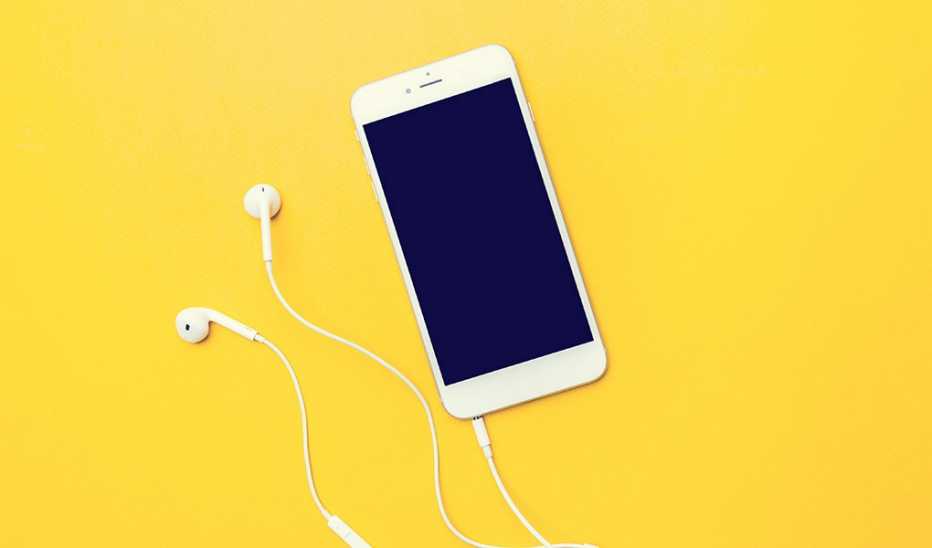Challenges


Quick Win
Take a digital detox by designating smartphone-free days, activities and areas of your home.
Try This Today
- Take a daylong smartphone sabbatical. Choose one day of the week and go smartphone free. Focus on doing things that don’t involve screens, like reading or socializing in person.
- Use apps for help. Apple’s built-in Screen Time feature — in the settings on your iPhone under Screen Time — will reveal how much time you’re spending on your phone each day. You can also set time limits for using games and social-networking sites. Android users can download Google’s Digital Wellbeing app to view usage time of other apps and implement restrictions.
- Deem certain areas of your home smartphone-free. Keep your bedroom a place for sleeping and relaxing at the end of the day. And treat yourself to some true privacy while in the bathroom.
- Designate phone-free times. Eat meals without your phone next to you on the table. Resist the urge to reach for it when you’re stopped at a traffic light in the car or just because you feel bored.
Why
Feel like you’re constantly wired to your smartphone? You’re not alone. A survey of 2,000 U.S. adults reported in 2018 by the global tech company Asurion showed that even while on vacation, respondents check their phones 80 to 300 times a day! With all their creative apps, notifications of incoming messages and addicting games, smartphones are designed to reel us in. Psychologist Adrian Ward of the University of Texas at Austin and colleagues wrote in the Harvard Business Review in 2018 that even if they are silenced or turned off, the mere presence of our smartphones constantly calls to us, “exerting a gravitational pull on our attention.” Their research with nearly 800 undergraduate students who use smartphones found that having your smartphone nearby, even if silenced or facing away from you, can undercut cognitive performance. But you don't have to succumb to your phone’s siren call. Taking a break from being tethered to your phone is completely doable. It just takes a little practice.











More From Staying Sharp
Solve a Mystery, Together
Practice your reasoning skills with a whodunnit
Make a Personal Bucket List With Purpose
Create a list that brings joy and fulfillment with meaningful goals and activities
Challenge Your Brain With a New Language
This quick learning activity can activate multiple areas of the brain